Face à la pénurie de main-d'œuvre qui frappe le secteur de l’automobile, la Carrosserie Brivadoise à Brioude a fait le pari audacieux d'investir dans un robot de peinture PaintGo. Cette entreprise familiale démontre que l'innovation technologique n'est pas réservée aux grandes structures. Après deux mois d'utilisation, Pascal Bauza, son fils Lilian et leur associé Kevin dressent un bilan unanimement positif de cette "troisième main du peintre ». Reportage vidéo.
Une entreprise familiale à la pointe de la technologie
À Brioude, la Carrosserie Brivadoise écrit une nouvelle page de son histoire. Cette entreprise familiale, créée en 1985 par le père de Pascal Bauza, a franchi une étape décisive avec l’arrivée d’un robot de peinture révolutionnaire.
Pascal Bauza, qui a repris les rênes de l’entreprise, prépare aujourd’hui sa transmission à son fils Lilian et à Kevin, son associé, en leur léguant un outil à la pointe de la technologie.
« C’est une histoire familiale, un petit garage. Aujourd’hui, nous sommes sept », explique le gérant de la Carrosserie Brivadoise. L’entreprise, membre du réseau Autodistribution, n’a jamais cessé d’investir dans l’innovation, que ce soit avec l’installation de 650 mètres carrés de panneaux photovoltaïques ou l’acquisition d’équipements de diagnostic dernier cri.
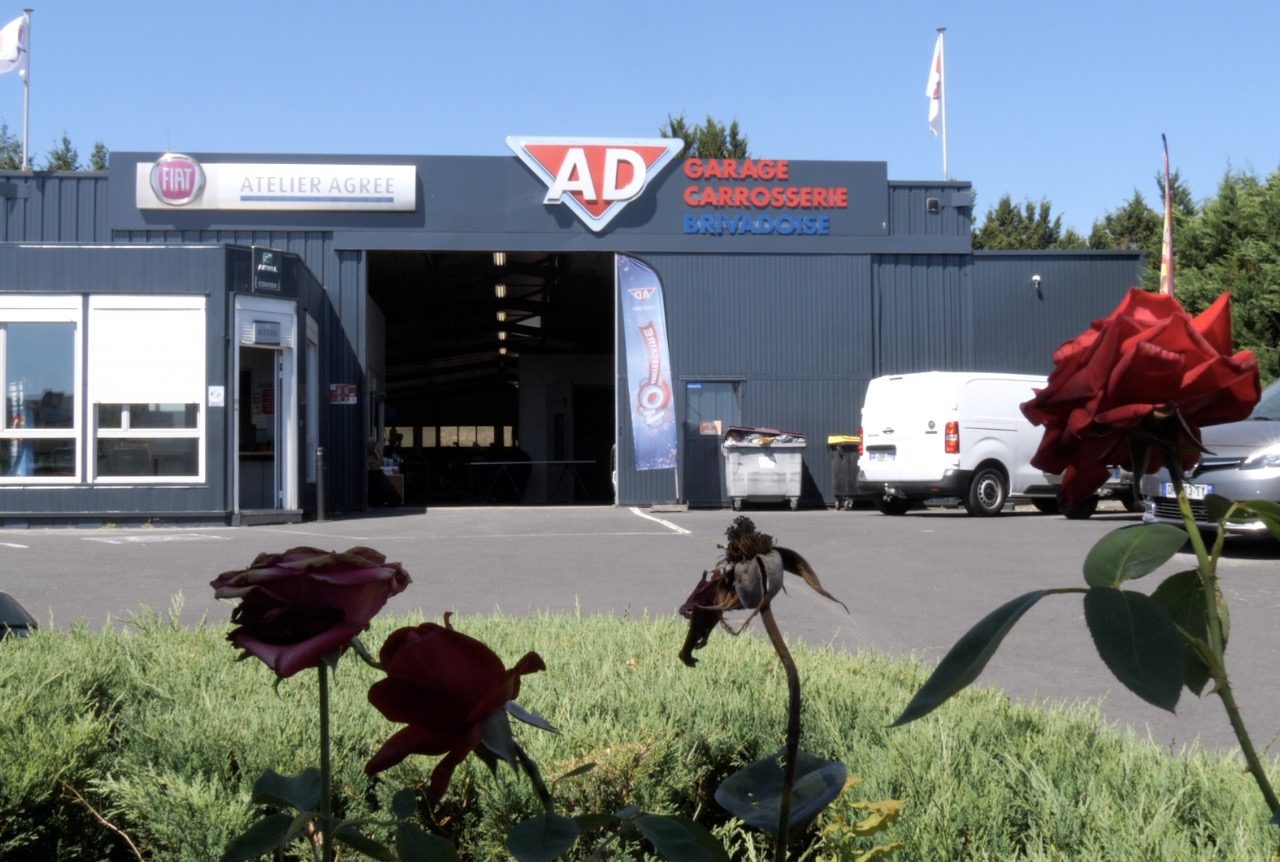
Le robot PaintGo : une réponse à la pénurie de main-d’œuvre
Face aux difficultés de recrutement qui touchent le secteur de la carrosserie, Pascal Bauza a fait le pari audacieux d’investir dans un robot de peinture PaintGo. « La vraie raison de l’achat de ce robot, ça a été le manque de personnel. Nous avons l’impression que le métier n’intéresse plus personne », confie le gérant.
Cette décision, initialement source d’interrogations, s’est rapidement révélée payante. « Au départ, nous avions des craintes, mais après l’avoir vu à la carrosserie Rabatel, cela nous a convaincus ! » témoigne Pascal Bauza.
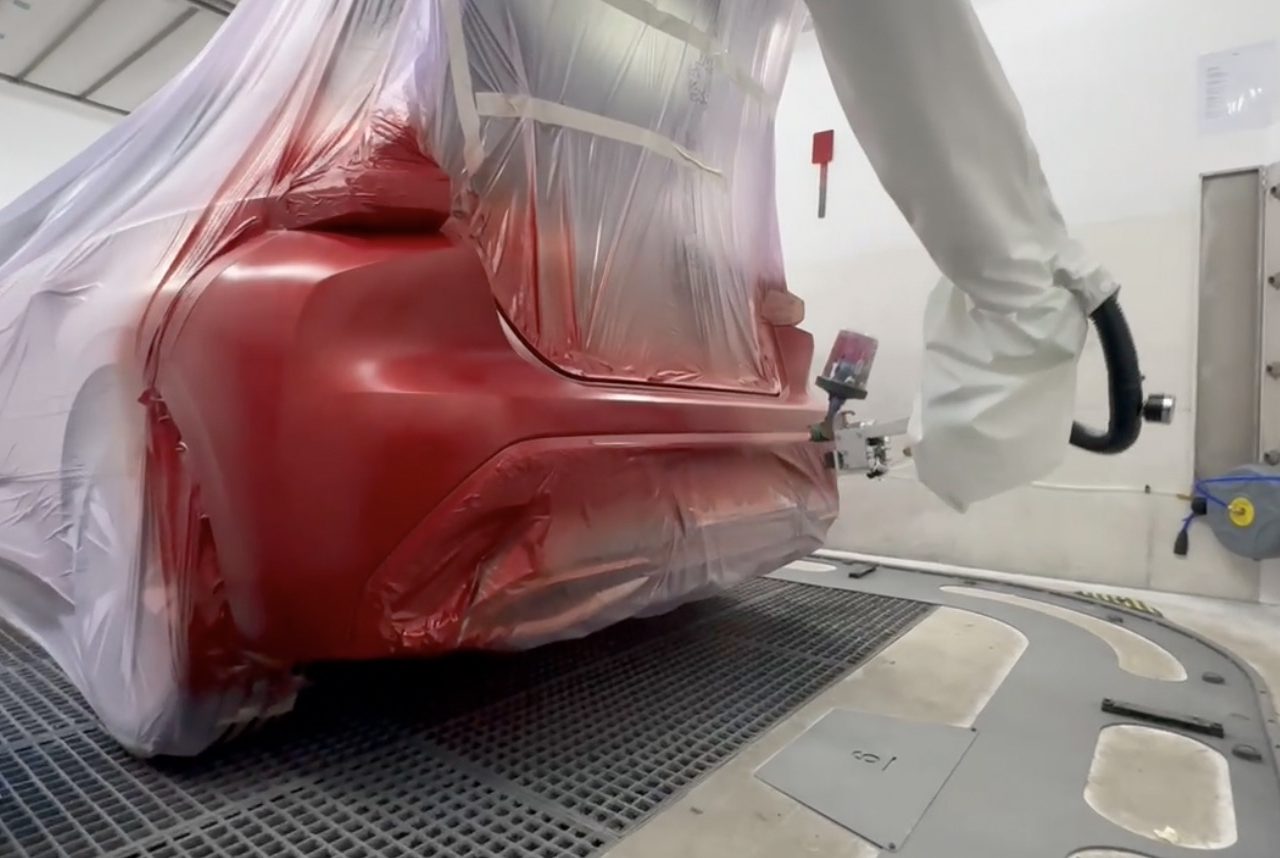
Lilian Bauza, carrossier peintre et fils du gérant, avoue avoir été « un peu plus réticent ». Mais son scepticisme initial a rapidement laissé place à l’enthousiasme : « Quand on voit le résultat final, franchement, il n’y a rien à dire. C’est même mieux qu’un carrossier peintre. Au final, on ne peut pas faire mieux ! »
Le robot apporte une solution concrète aux défis quotidiens de l’atelier. « Quand je vais faire de la carrosserie, le robot peint à ma place et il peint même mieux que moi », souligne Lilian. Cette complémentarité permet d’optimiser les temps de production : « Nous, par exemple, pendant que nous allons préparer une voiture, le robot sera en train d’en peindre une autre. »
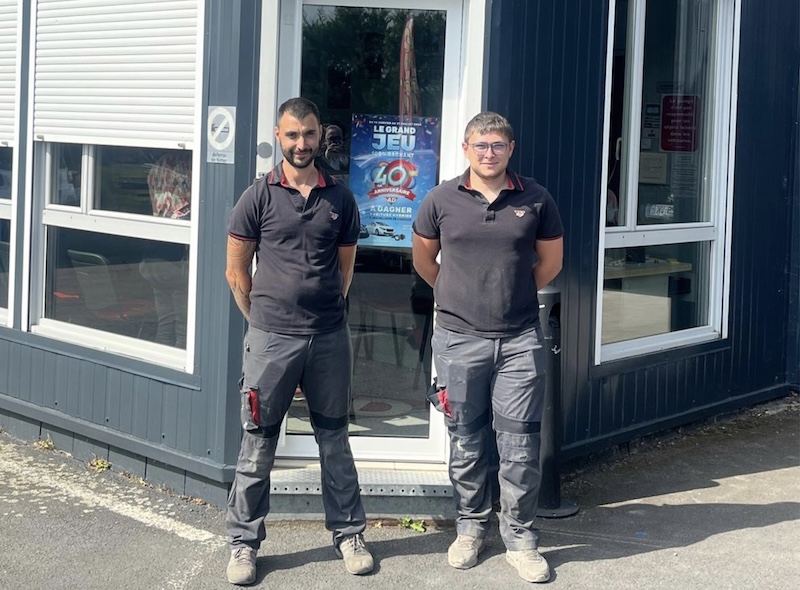
Une technologie accessible aux petites structures
Kevin Toul, carrossier et associé de Lilian, apporte un regard neuf sur cette technologie. Ancien façadier reconverti dans la carrosserie, il démonte les idées reçues : « On aurait pu penser que le robot était réservé aux grosses structures, mais finalement, pour des petites carrosseries, je pense que c’est même préférable d’avoir un robot plutôt qu’un ouvrier. »
La simplicité d’utilisation a été un facteur déterminant. « Je suis pas du tout de l’informatique, je n’aime vraiment pas ça. Mais la prise en main a été très simple, c’est ludique, c’est comme un jeu vidéo facile », explique Kevin. Cette accessibilité a permis à toute l’équipe de s’approprier l’outil rapidement.
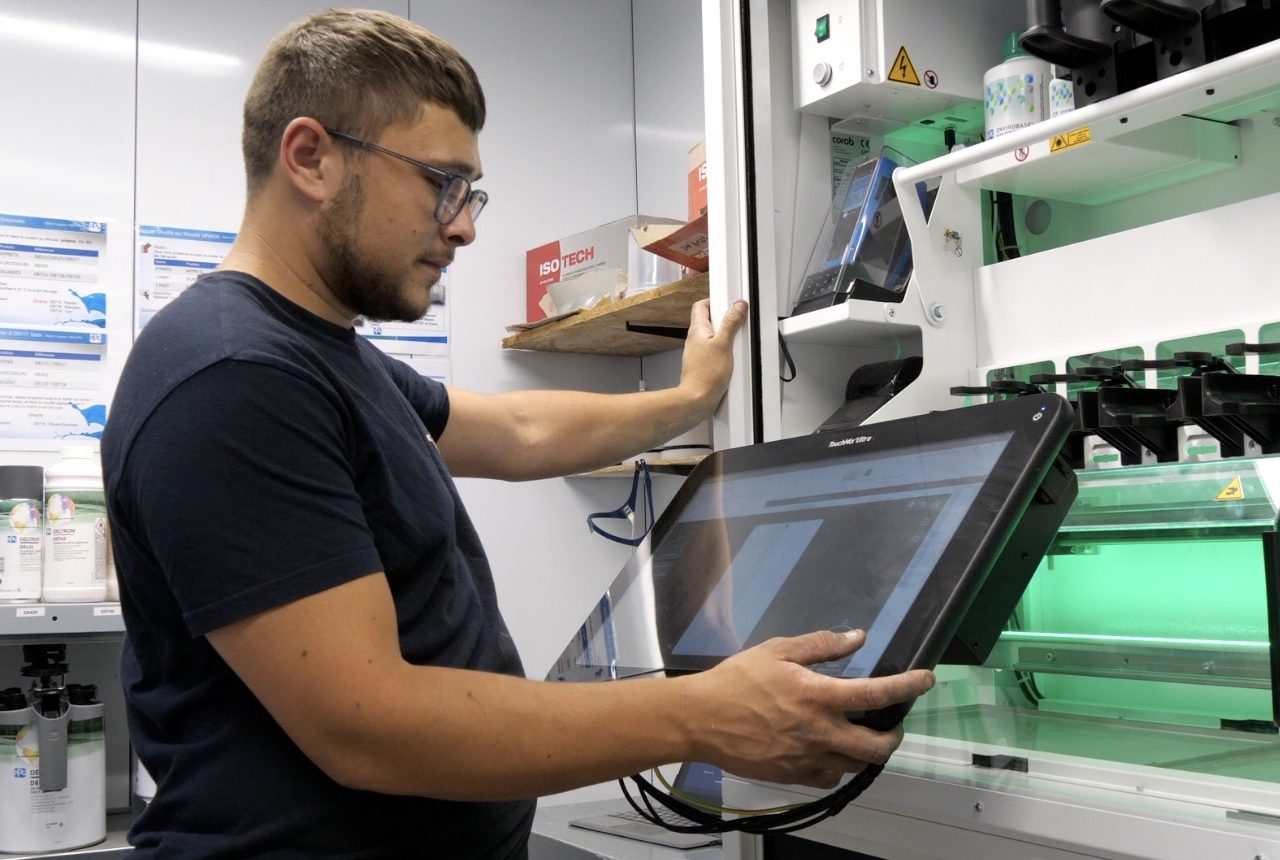
Des bénéfices multiples pour l’entreprise
Au-delà de la productivité, le robot PaintGo apporte des avantages significatifs en termes de santé au travail. « Moins de vapeurs, moins de toxicité, de mouvements répétitifs, moins mal au dos », énumère Lilian Bauza. « Et j’ai les mains un peu plus propres ! » sourit-il.
L’autonomie offerte par le robot transforme l’organisation de l’atelier. « Entre midi et deux, on lui lance une peinture, on revient, et c’est terminé! » témoigne Kevin avec satisfaction.
La qualité du service après-vente s’avère cruciale dans l’adoption de cette technologie. « Pour le peu de problèmes que l’on a eu, nous avons a un référent français. On lui envoie un message, on lui explique le problème. Cinq minutes après, top chrono, c’est réglé », confirme Lilian Bauza.
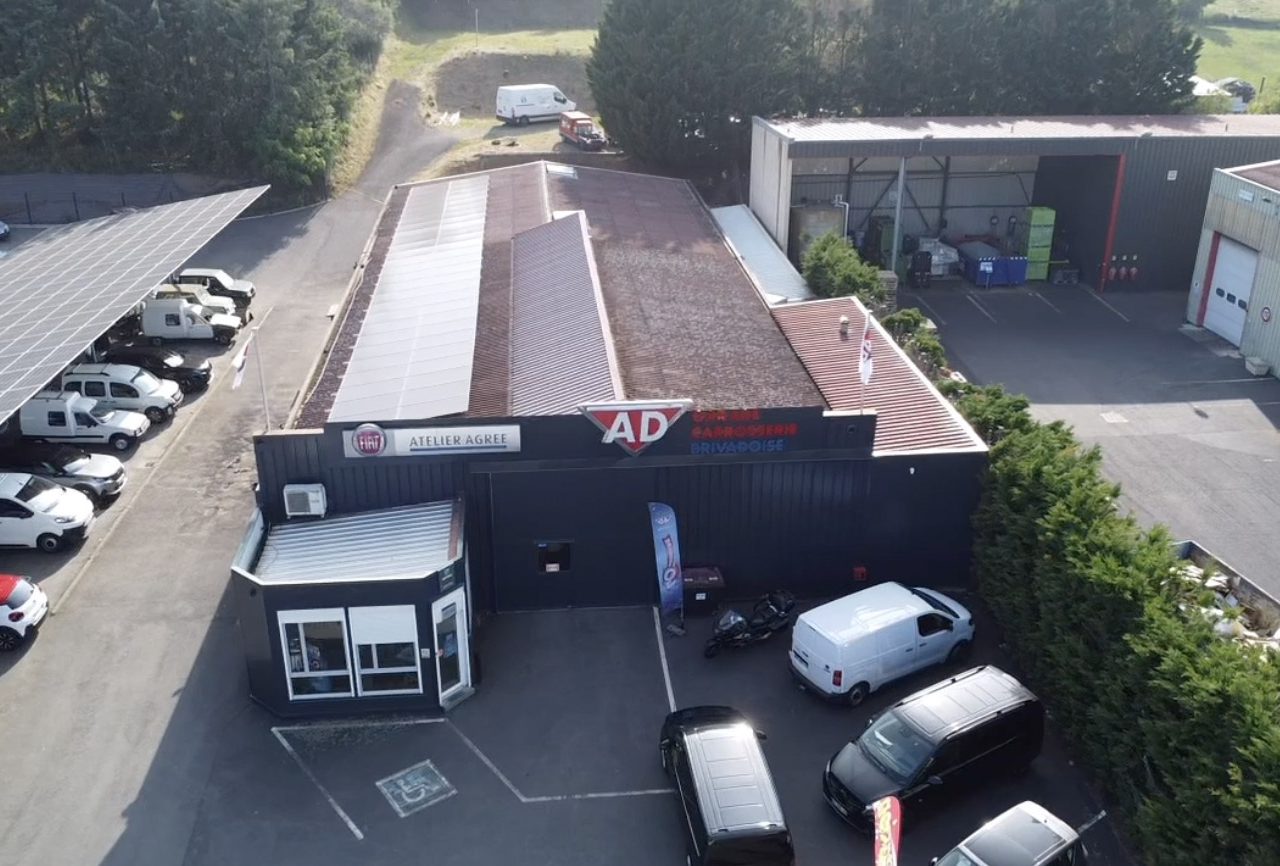
L’avenir de la peinture automobile ?
Pour Pascal Bauza, l’investissement dans le robot PaintGo s’inscrit dans une vision à long terme : « Il ne remplacera pas l’humain. C’est un accompagnement. C’est la troisième main du peintre. »
Lilian va plus loin dans son analyse : « C’est l’avenir de la peinture. On ne trouve plus personne, et le résultat final est magnifique. » Il encourage ses confrères à franchir le pas : « Les carrossiers dubitatifs peuvent venir le voir. »
Kevin partage cette conviction : « Si nous avions un conseil, c’est de l’essayer. Au fur et à mesure que les carrosseries s’équiperont, le robot deviendra toujours plus performant. »
Après deux mois d’utilisation, la Carrosserie Brivadoise confirme que le robot PaintGo répond parfaitement aux attentes d’une PME moderne, alliant performance, accessibilité et respect de l’environnement de travail.
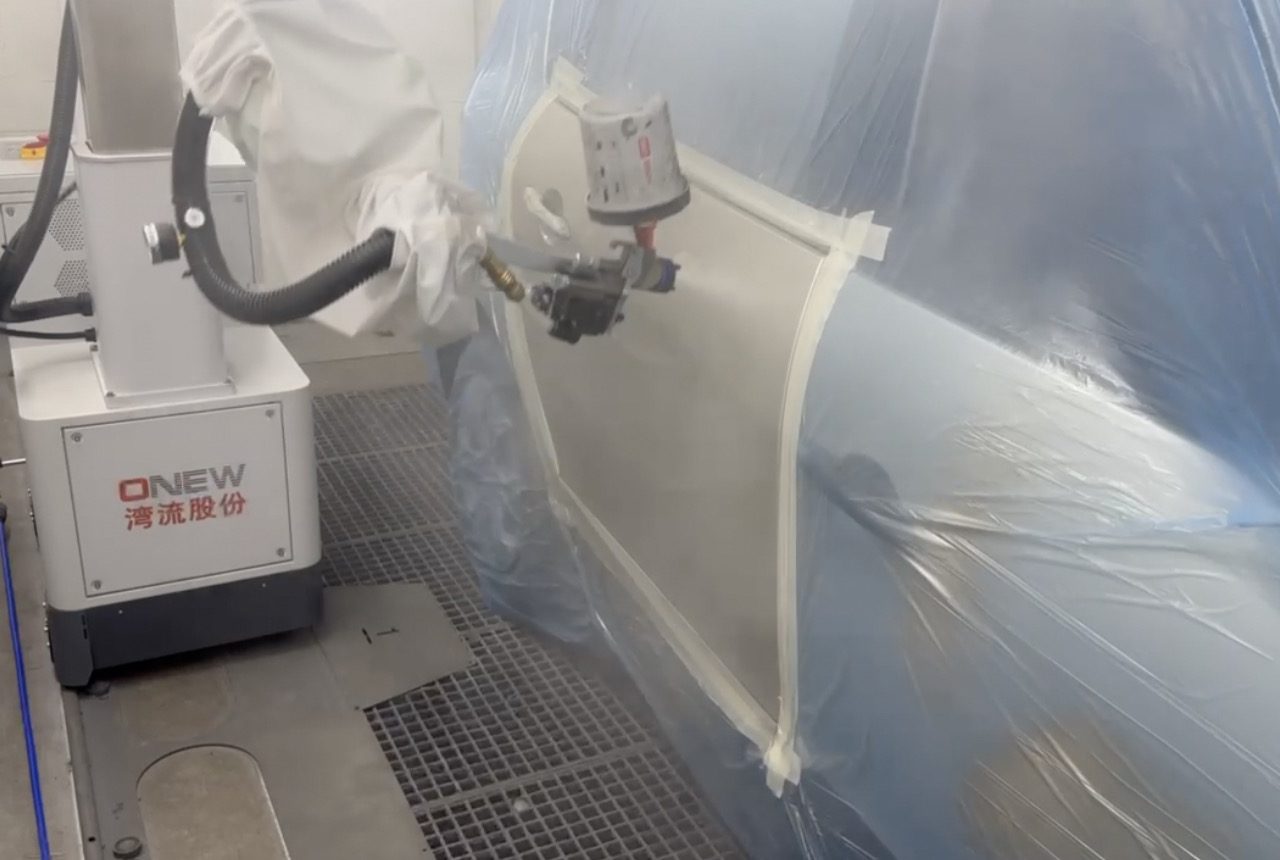
Labor shortage: In Haute-Loire, Carrosserie Brivadoise is focusing on innovation with the PaintGo robot
Faced with the labor shortage affecting the automotive sector, Carrosserie Brivadoise in Brioude has made the bold decision to invest in a PaintGo painting robot. This family business proves that technological innovation is not just for large companies. After two months of use, Pascal Bauza, his son Lilian, and their partner Kevin are unanimously positive about this “third hand for painters.” Video report.
A family business at the cutting edge of technology
In Brioude, Carrosserie Brivadoise is writing a new chapter in its history. This family business, founded in 1985 by Pascal Bauza’s father, has taken a decisive step forward with the arrival of a revolutionary painting robot.
Pascal Bauza, who took over the reins of the company, is now preparing to hand it over to his son Lilian and his partner Kevin, leaving them with a state-of-the-art tool.
“It’s a family story, a small garage. Today, there are seven of us,” explains the manager of Carrosserie Brivadoise. The company, a member of the Autodistribution network, has never stopped investing in innovation, whether through the installation of 650 square meters of photovoltaic panels or the acquisition of state-of-the-art diagnostic equipment.
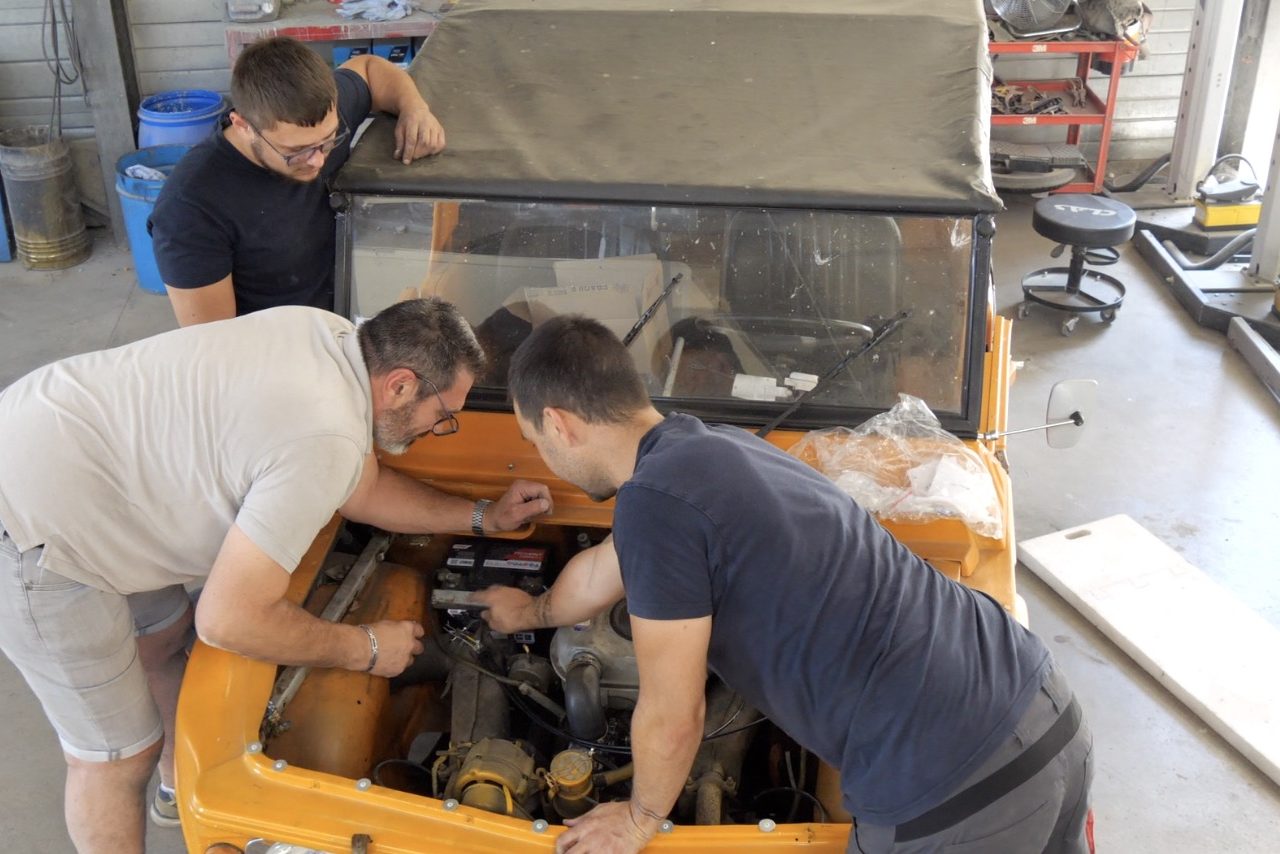
The PaintGo robot: a response to the labor shortage
Faced with recruitment difficulties affecting the body shop sector, Pascal Bauza made the bold decision to invest in a PaintGo painting robot. “The real reason for purchasing this robot was the lack of staff. We feel that no one is interested in the profession anymore,” says the manager.
This decision, which initially raised questions, quickly proved to be a wise one. “We had our doubts at first, but after seeing it at Rabatel Body Shop, we were convinced!” says Pascal Bauza.
The expertise of a committed painter
Lilian Bauza, a bodywork painter and the manager’s son, admits to having been “a little more reluctant.” But his initial skepticism quickly gave way to enthusiasm: “When you see the end result, frankly, there’s nothing to say. It’s even better than a bodywork painter. In the end, you can’t do better than that!” “
The robot provides a concrete solution to the daily challenges of the workshop. “When I’m working on the bodywork, the robot paints for me, and it even paints better than I do,” Lilian points out. This complementarity optimizes production times: “For example, while we’re preparing one car, the robot will be painting another. “
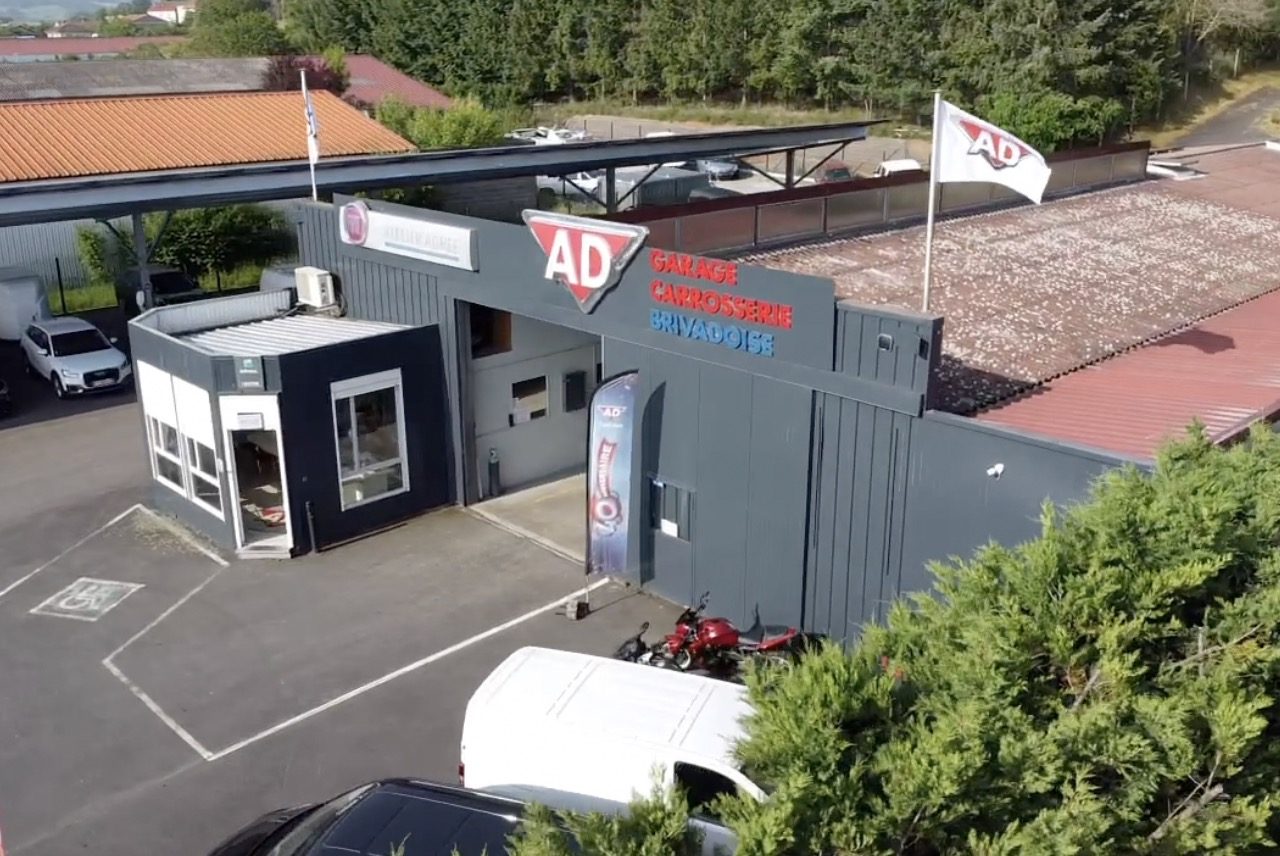
Technology accessible to small businesses
Kevin Toul, bodywork technician and Lilian’s partner, brings a fresh perspective to this technology. A former facade technician who switched to bodywork, he debunks preconceived notions: “One might have thought that robots were reserved for large businesses, but ultimately, for small body shops, I think it’s even better to have a robot than a worker. “
Ease of use was a determining factor. “I’m not at all computer savvy, I really don’t like it. But it was very easy to learn, it’s fun, it’s like an easy video game,” explains Kevin. This accessibility allowed the whole team to quickly get to grips with the tool.
Multiple benefits for the company
Beyond productivity, the PaintGo robot offers significant advantages in terms of occupational health. “Less fumes, less toxicity, fewer repetitive movements, less back pain,” lists Lilian Bauza. “And my hands are a little cleaner!” he smiles.
The autonomy offered by the robot is transforming the organization of the workshop. “Between noon and two, we start it painting, come back, and it’s done!” says Kevin with satisfaction.
The quality of after-sales service is crucial to the adoption of this technology. “For the few problems we’ve had, we have a French contact person. We send him a message explaining the problem. Five minutes later, tops, it’s fixed,” confirms Lilian Bauza.
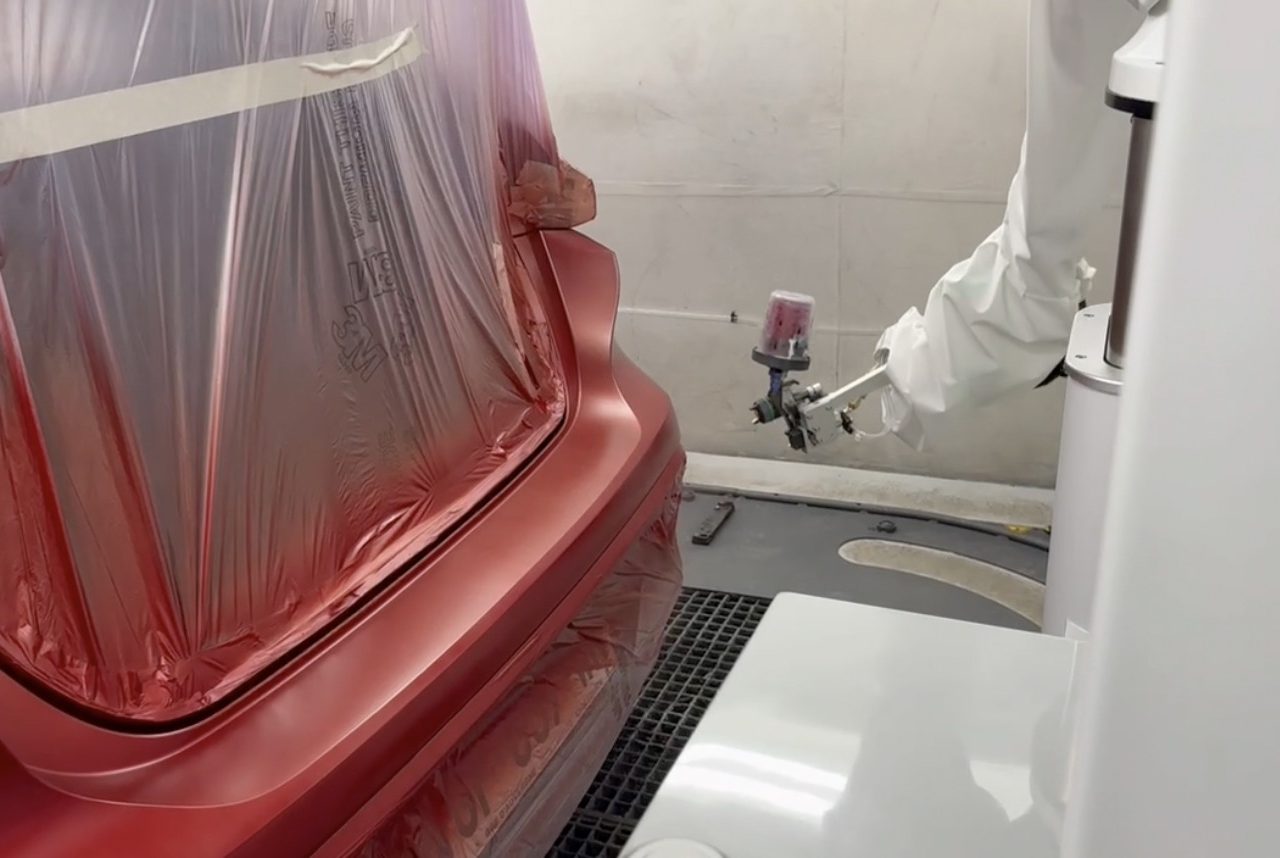
The future of automotive painting
For Pascal Bauza, investing in the PaintGo robot is part of a long-term vision: “It won’t replace humans. It’s a support tool. It’s the painter’s third hand.”
Lilian goes further in his analysis: “It’s the future of painting. We can’t find anyone else, and the end result is magnificent. “ He encourages his colleagues to take the plunge: ”Skeptical body shops can come and see it for themselves.”
Kevin shares this conviction: “If we had one piece of advice, it would be to try it. As more and more body shops get equipped with it, it will become more efficient.”
After two months of use, Carrosserie Brivadoise confirms that the PaintGo robot perfectly meets the expectations of a modern SME, combining performance, accessibility, and respect for the working environment.











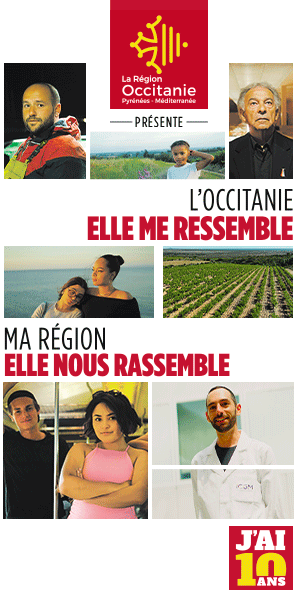



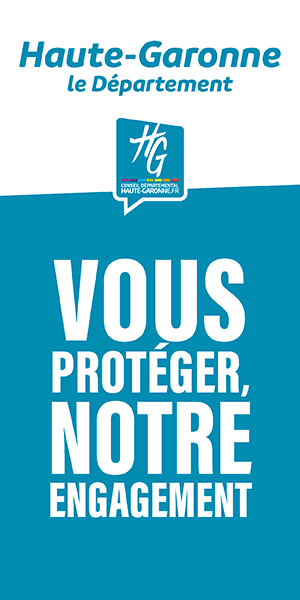
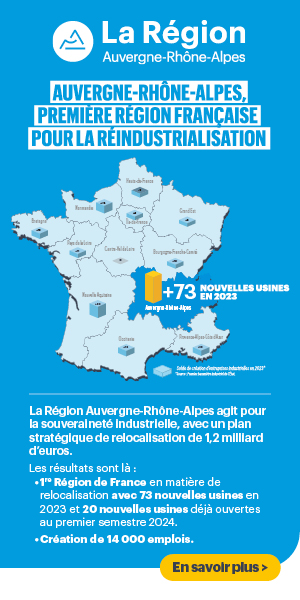
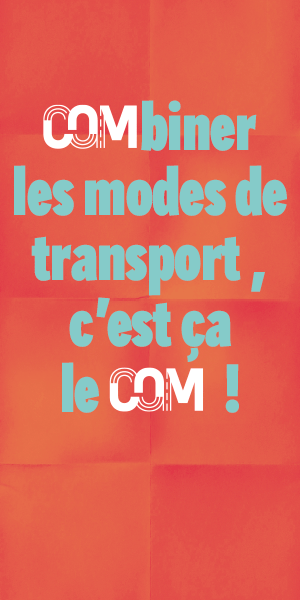
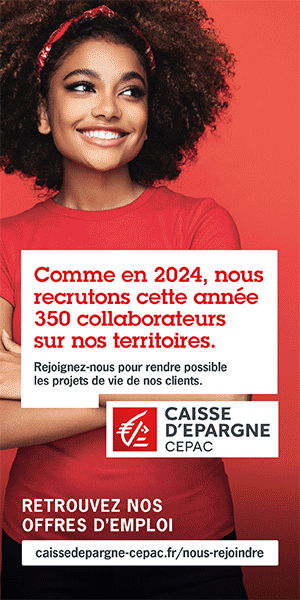








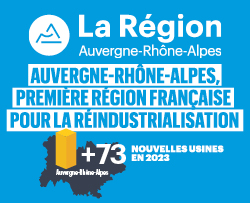

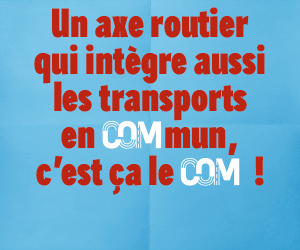





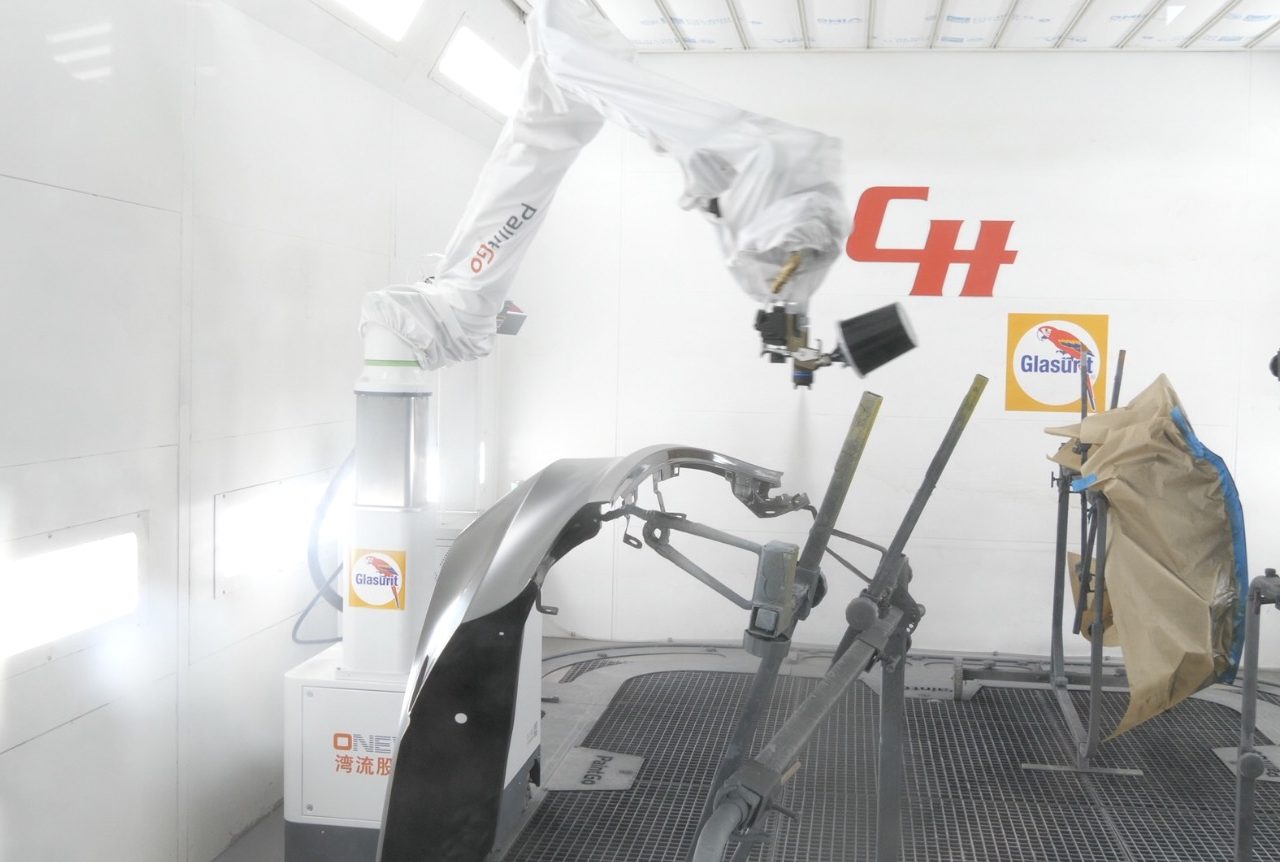
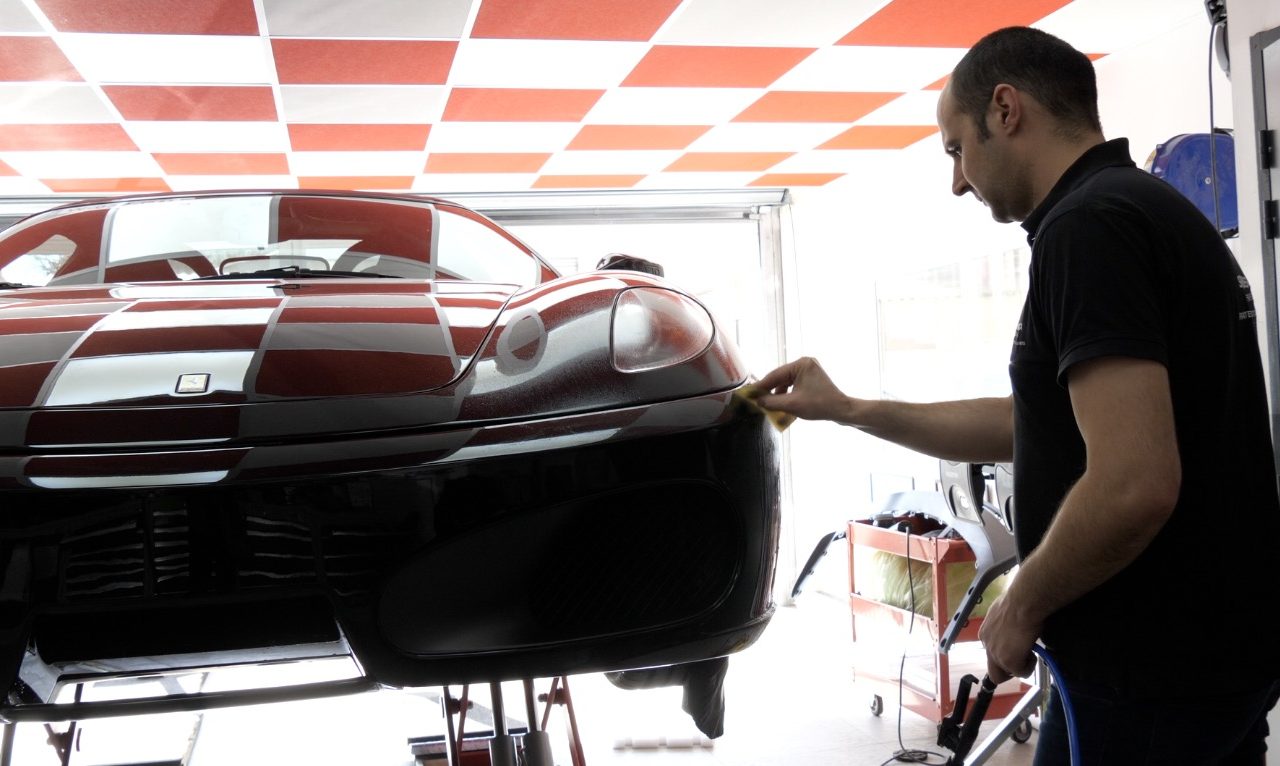

Réagissez à cet article